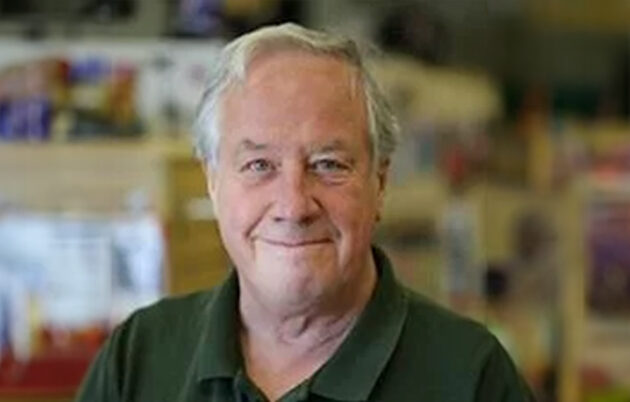The Biemann Medal is given annually to acknowledge substantial achievements in the early stages of a career in basic or applied mass spectrometry, while the Top 100 Analytical Scientist list showcases talent and leadership in analytical science globally.
“It is great to know that my work is recognized by the community and appreciated,” said Ge who directs the Human Proteomics Program at the University of Wisconsin School of Medicine and Public Health. “It signifies an increase in visibility of our research on the international stage.”
Ge’s laboratory studies how cardiovascular diseases affect the modifications of proteins that function as signaling pathways in the body. Using mass spectrometry — a technique that allows identification of specific proteins — Ge’s team measures disease-associated protein modifications in samples such as heart tissue. Systematically analyzing proteins and determining their localization, modifications, and functions allows her to better understand pathology enabled by the cutting-edge mass spectrometry-based proteomics technology.
Ge hopes her research will accomplish three goals: allow for earlier detection of diseases such as heart failure and cancer, improve treatment methods to achieve personalized medicine and, ultimately, to prevent cardiovascular disease.
“I believe the integration of chemistry, biology and medicine will help us develop the best strategy for precision medicine, wherein disease treatment and prevention take individual variability into account, is increasingly recognized as the future of modern health care. In order to achieve precision medicine, it is critical to have an interdisciplinary effort. Fortunately our lab is located in the highly interdisciplinary Wisconsin Institutes of Medical Research (WIMR) 8th floor cardiovascular center, adjacent to the labs of many cardiovascular investigators such as Drs. Moss, Kamp, Valdivia, Ralphe, Eckhardt, and Masters among others. Such an interdisciplinary environment stimulates collaborations and cultivates new systems biology approaches for precision medicine,” she said.



